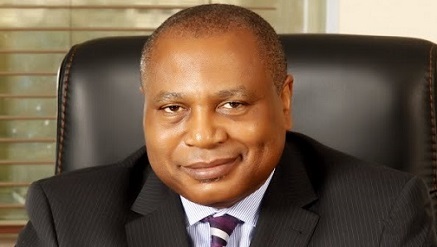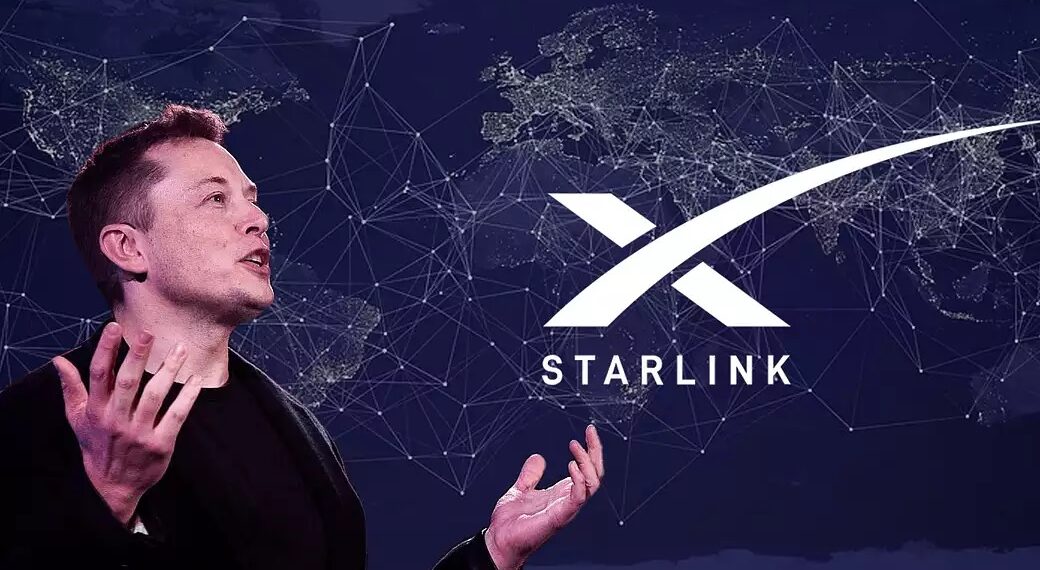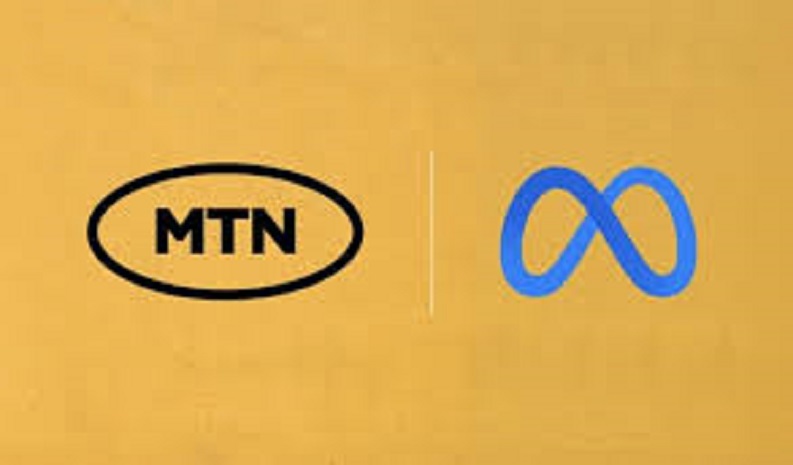Telecom
Dangerous Influx of Fake Phones into Nigeria

A dangerous influx of counterfeit cell phones are flooding Nigeria, causing concern to consumers, the industry and government.
This steady flow of counterfeit cell phones began in the early part of the 2000’s when mobile handsets became widespread in Nigeria.
Last year alone, some 1 million fake phones valued at N2.7 billion were imported into the country adding to the over 148 million sold annually worldwide worth $6 billion.
These phones have been dubbed ‘China phones’ or ‘chinco,’ a derogatory cliche to describe some of the substandard products coming from China.
The cheap price tag, usually less than $100, is what lures uninformed consumers into purchasing the knockoffs.
However, what buyers perhaps never put into perspective is the huge cost and pain which subsequently follows these cheap priced phones when the fail to work properly.
Some other substandard fakes may not infringe copyright and appear to be legitimate competition to genuine models, but are often produced without government approval, testing or certification and can quickly break down with potentially dangerous consequences.
Unlike the hundreds of safety checks genuine mobile phone products must pass before hitting the shelves, counterfeit phones are not tested for compliance with industry safety standards.
A new report into the black market devices has revealed they can contain high levels of lead and other substances which are a danger to the environment and human health.
With counterfeiters evading taxation, Nigeria loses a great deal of revenue, including sales and value added taxes as well as various duties and associated government charges.
Combating the growing counterfeit phone problem requires courage on the part of the government which must look for new technology that can identify substandard devices and permanently block users who don’t change to a genuine products.
The Nigerian Communications Commission (NCC), the apex regulator of the telecom industry should also step up sensitization and awareness campaigns on the dangers of buying fake phones.
Phone manufacturers, mobile phone operators and the relevant agencies should join hands to curb the menace. Most importantly, mobile phone users should only buy devices from registered manufacturers and trusted retailers.
Telecom
How Starlink Took over Africa’s Largest Internet Market

Starlink has become a major internet service provider in Nigeria, driven by its reliable, high-speed access.

Its success has led to local internet service providers losing subscribers and raising concerns about unfair competition, according to restofworld.org, which reports global tech stories.
Critical institutions have avoided using Starlink’s network because of national security concerns.
In the sprawling electronic market of Lagos’ Computer Village, an item is flying off the shelves: the Starlink kit.
These satellite dishes, with their distinctive white faces and plug-and-play simplicity, represent more than just easy internet availability in Nigeria. They symbolize a technological coup in Africa’s most populous nation, where terrestrial broadband or wireless options are unreliable or inaccessible.
“I have about 20 pieces in the store, but I’m sure they will go before today ends or at the latest tomorrow morning,” Quadri AbdulFatai, a local electronics vendor who claims to have sold more than a thousand units in just 13 months, told Rest of World. “Starlink is very hot now.”
In January 2023, Nigeria became the first African market that Starlink entered.
Two years later, it now ranks second among internet service providers, which are classified separately from large telecom players by the Nigerian authorities.
With over 65,500 users at the end of the third quarter last year, Starlink is second only to 16-year-old Lagos-based ISP Spectranet, according to data from the Nigerian Communications Commission (NCC), the country’s telecom regulator.
At current growth rates, analysts predict Starlink will become Nigeria’s top internet service provider by mid-2026.
The secret to Starlink’s meteoric rise lies in a simple market reality: Nigerians are desperate for reliable, high-speed internet, which local providers have consistently failed to deliver, according to Temidayo Oniosun, managing director at Space in Africa, a market intelligence company focusing on the continent’s space and satellite industry.
Telecom companies and traditional ISPs in Nigeria suffer from frequent outages, sluggish speeds, and spotty coverage, especially in rural areas where terrestrial infrastructure is limited or nonexistent.
“Nigerians want high-speed and reliable internet, and Starlink’s technology offers that better than anyone else,” Oniosun told Rest of World.
“That’s why it is growing at an incredible speed. While the services aren’t the cheapest, launching with different pricing in different African markets shows that Starlink understands the markets.”
Starlink has made investments in building infrastructure in Nigeria. It has built a base station in Lagos and plans to add facilities in neighboring Abeokuta and Port Harcourt, Nigeria’s oil hub.
These stations will enable the company to beam low-latency internet directly to its rapidly growing user base throughout the country. Low latency is the ability of a network to respond with minimal delay.
Starlink’s success has unsettled competitors. When the company increased subscription prices last October, local operators cried foul, accusing regulator NCC of applying double standards by ignoring their requests for tariff reviews.
The regulator eventually granted local providers a 50% tariff increase in January, but customer perception had been damaged.
The regulator has fostered a fair and enabling environment that empowers all licensed operators, including Starlink, “to compete, innovate, and grow in response to market needs,” an NCC spokesperson told Rest of World.
The regulator has fostered a fair and enabling environment that empowers all licensed operators, including Starlink, “to compete, innovate, and grow in response to market needs,” an NCC spokesperson told Rest of World.
The regulator has licensed over 27 satellite-based communications services providers and issued over 90 landing rights to space segment operators, which include established providers like Eutelsat, SES, Viasat, and YahClick.
“In recent times, the commission has observed growing interest from both established global players and new entrants (especially those providing emerging satellite services) seeking to enter the Nigerian market,” the spokesperson said.
“This level of engagement reflects growing investor confidence in Nigeria’s digital economy and the enabling environment provided by the commission.”
Nigeria has 241 licensed ISPs, of which only 124 had active users as of the third quarter of 2024, collectively serving more than 300,000 subscribers, according to NCC data.
Starlink’s arrival has been nothing short of catastrophic for incumbents. Market leader Spectranet lost 8,428 subscribers between the last quarter of 2023 and the third quarter of 2024, while Tizeti lost about 700 in the same period.
While the losses appear modest, they are significant in the context of the small size of the market served by Nigeria’s ISPs.
The internet landscape is more dominated by mobile network operators MTN, Airtel, Globacom, and 9mobile, which collectively serve 132.4 million subscribers, providing both internet access as well as traditional phone services.
The playing field is fundamentally uneven, said Temitope Osunrinde, chief marketing officer at Tizeti.
The challenges for local operators include buying spectrum and building local capacity, hiring talent, and paying multiple taxes. If digging for fiber, they have to contend with multiple local government right-of-way permits and also area goons.
“You can’t compare Starlink with local companies because they don’t have to set up local capacity, nor hire and set up an office,” Osunrinde told Rest of World.
Gbenga Adebayo, chairman of the Association of Licensed Telecommunications Operators of Nigeria (ALTON), believes Starlink’s success reflects not a failure of local providers but “a challenging operating environment, which includes issues such as multiple taxes, multiple regulations, high right-of-way charges, infrastructure vandalism, and the rising cost of foreign exchange.”
Yet for ordinary Nigerians, these industry complaints hold little water compared with the tangible benefits of reliable connectivity. “For me, it was less speed and more concern about constant internet blackouts during meetings,” Olumide Lewis, a Lagos-based tech worker who recently installed Starlink, told Rest of World. “Since we bought our Starlink, we have had some peace of mind. We don’t spend our time thinking about the bad internet again because everything just works.”
Telecom
MTN Champs Lagos Continental Relays: A Celebration of Sportsmanship and Fun

MTN Champs Season 3 Lagos Continental Relays concluded on April 12, 2025, with a vibrant closing ceremony at the Yabatech Sports Complex.

This event marked a historic moment in Nigerian athletics, featuring the debut of the Olympics-approved mixed relays and showcasing exceptional talent across various track and field events.
The final day was a blend of intense competition and entertainment, drawing families, friends, and MTN Nigeria staff to the stands. Guests enjoyed music, games, and the much-anticipated MTN Staff Relays, where teams from different departments competed for medals and bragging rights. The Innovators emerged victorious, clinching gold in both male and female categories.
MTN executives also joined the fun, participating in 50m sprints and emphasizing the importance of physical activity. Chief Human Resources Officer, Esther Akinnukawe, highlighted the company’s Go M.A.D (Make A Difference) campaign, encouraging individuals to stay active and impactful in their fields.
The Lagos Continental Relays attracted over 2,500 entries from 155 schools, with participants competing in four age categories: Cadet (U-14), Youth (U-17), Junior (U-20), and Senior. The event not only celebrated athletic excellence but also reinforced MTN’s commitment to nurturing future Olympians and building a legacy of sports development in Nigeria.
Season 3 of MTN Champs continues with the grand finale scheduled to take place in Uyo at the Godswill Akpabio Stadium from April 30 to May 3.
Telecom
MTN, Meta Partner to Enhance Voice and Video Calling Quality

MTN Group, Africa’s leading telecommunications provider, has joined forces with Meta to improve the quality and reliability of voice and video calls on real-time calling applications such as WhatsApp across 12 MTN markets.

The collaboration, which began at the Mobile World Congress (MWC) 2024, focuses on optimizing application-aware networks and network-aware applications to deliver a seamless and high-quality user experience. By leveraging data analytics and conducting comprehensive testing, MTN and Meta have successfully developed solutions that enhance the interaction between mobile networks and real-time calling applications.
Nigeria, MTN’s largest market, was the first to implement these enhancements. Early results indicate a remarkable 50% improvement in key performance indicators (KPIs), significantly enhancing the user experience for MTN Nigeria mobile users.
“This implementation further demonstrates our commitment to enhancing our customers’ digital experience.
“We’re pleased with the remarkable improvement in our real-time communication services, reflecting our commitment to innovative customer solutions,” said Yahaya Ibrahim, Chief Technology Officer (CTO) at MTN Nigeria.
Diego Marí, Head of Network Ecosystems Engineering at Meta, added, “The collaboration allows us to deploy advanced solutions for an unparalleled real-time experience in Nigeria and showcases our dedication to elevating service quality and improving user experience, while striving for continued efficiency in traffic delivery.”
The partnership underscores MTN and Meta’s shared vision of delivering cutting-edge solutions to enhance digital communication across Africa.

 E-Business2 days ago
E-Business2 days agoNITDA Warns Against Fake Google Play Store

 General News2 days ago
General News2 days agoLagos Commences Integration of NIN with State Single Social Register

 E-Financial2 days ago
E-Financial2 days agoSEC Bans Unregistered Digital Asset Exchanges, Online Forex Platforms

 News2 days ago
News2 days agoNOA Uncovers Fraud by Banks, Universities in Students Loan Scheme

 E-Financial2 days ago
E-Financial2 days agoUBA Redefines Banking with Next-Gen PoS Terminals and Revamped MONI App

 E-Financial2 days ago
E-Financial2 days agoNIBSS Heads to Court to Recover N4Bn Lost due to System Glitch

 E-Financial2 days ago
E-Financial2 days agoAfrica Loses $88.6Bn Yearly to Corruption- ECOWAS

 General News2 days ago
General News2 days agoNigeria Records $6.83Bn Balance of Payments Surplus in 2024 Amid Economic Reforms

























